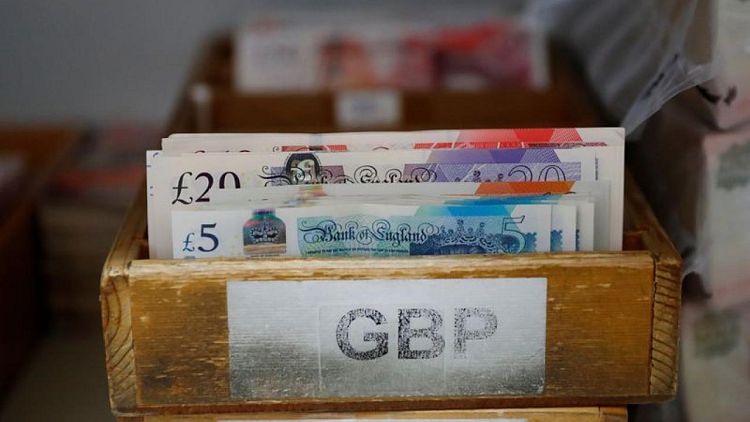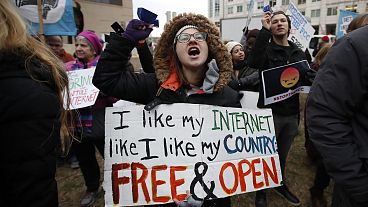By Ritvik Carvalho
LONDON -Britain's pound erased its losses on the week against the dollar on Thursday as recovering risk sentiment in global markets helped buoy currencies correlated with economic growth.
Investor nerves over whether vaccinations will successfully head off future lockdowns amid surging coronavirus cases had led to a stock selloff earlier this week, whacking sterling as much as 1.3% lower to the dollar on the week.
A broad recovery in stock markets took hold on Wednesday, helping the pound recover some ground.
"The pound is often the first point of entry in currencies when stock markets push higher," said Neil Jones, head of FX sales, financial institutions, at Mizuho Bank.
The best performing "G10" currency on the day, sterling was up 0.4% at $1.3763 by 1400 GMT.
Against the euro, it was 0.2% higher at 85.84 pence.
"We're seeing a modest, risk-baked rebound which has taken the pound back above the 200-day moving average, particularly in cable," said Jeremy Stretch, head of FX strategy at CIBC World Markets, adding that he wasn't sure about buying into the rebound unless it looked durable.
"There are some ensuing issues in the UK story and I think that comes in relation to whether the economy is being compromised in theory by output being hit by workers being forced to self-isolate," Stretch said.
Britain's government has said it is working closely with sectors impacted by an increased number of workers being forced to self-isolate at home after being contacted by a coronavirus app saying they had been in close proximity to a confirmed case.
British manufacturers' expectations for output growth over the next three months are the strongest on record as the economy bounces back from the pandemic lockdowns, the Confederation of British Industry said on Thursday.
Retail sales and PMIs for Britain are due on Friday.
In other economic news, splits have emerged among top policymakers at the British central bank on the need to remove stimulus for the economy.
Bank of England Deputy Governor Ben Broadbent said he disagreed with the view of policymakers such as Michael Saunders who fear above-target inflation will persist.



